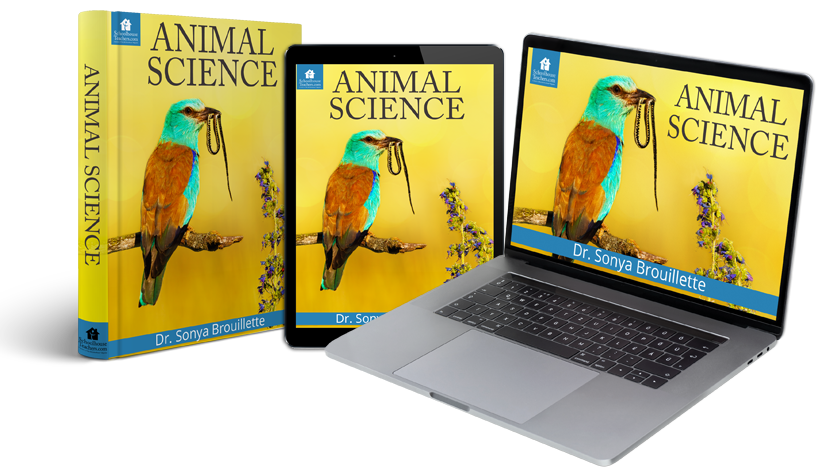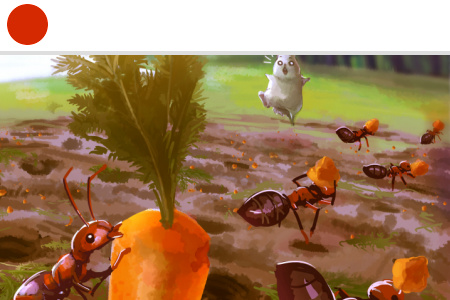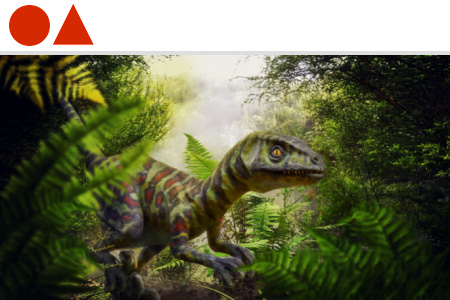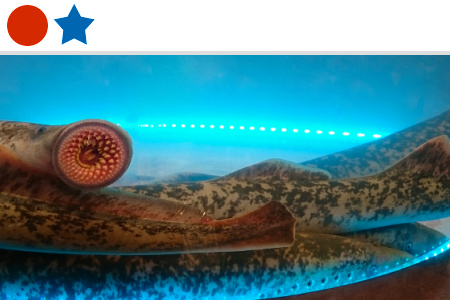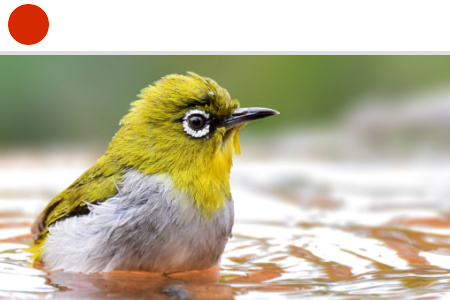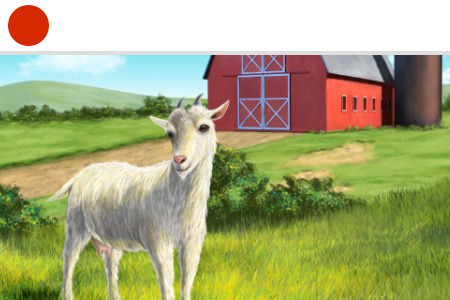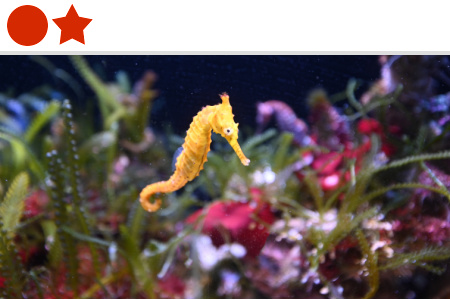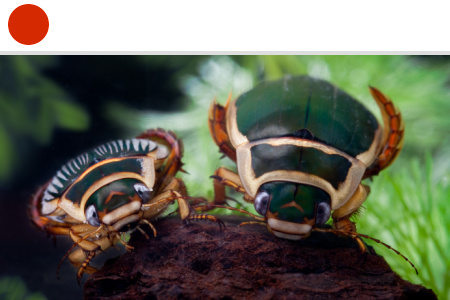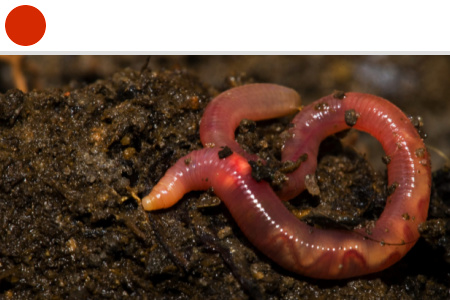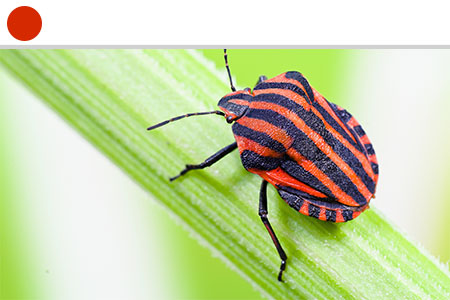Course Sample for Our Animal Science Homeschool Course
Animal Science Introduction: Week One
What is animal science? If you take a college level animal science course, you will find that the definition of animal science goes a little like this: “A general program that focuses on the science of breeding and care of agricultural animals, and the production, processing, and distribution of agricultural animals and related products.”
In this high school level course, we will broaden our definition to include the science and classification of most of the animal kingdom. We will begin with insects and work our way up the classification system to include all classes of mammals.
When you think of animals, do you think about insects and fish? Or do you only think of cats, dogs, horses, and cows? Scientists classify each animal according to the characteristics it shows. If you have previously taken a biology or life science class, then you should be familiar with the classification system used. If you are new to this, here is how it works:
Kingdom – There are 5 primary kingdoms that scientists agree upon:
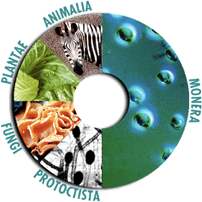
We will focus on Kingdom Animalia. This group is what we commonly think of when we talk about animals.
You will notice that these words aren’t words we use every day. That is because scientists use Latin to name things. Latin was chosen because it is not a spoken language. As a result, the language does not change, and scientists all over the world can understand these scientific words without confusion. (Think about the many definitions for the word “cool.”)
Each Kingdom is broken down further.
Kingdom – Phylum – Class – Order – Family – Genus – Species
* There can be many things to memorize in science classes. Many people find mnemonics helpful in memorization. A mnemonic is an easily remembered phrase or word that aids in the recall of more difficult (scientific) words. For example:
Kings play cards on fine glass sets. The first letter of each word helps you to remember the order [kingdom – phylum – class – order – family – genus – species] you need to know. You may use this one or make up your own. There are many around, and if you ask anyone that has studied this particular subject, he may give you a new mnemonic that you can remember easily.
These breakdowns allow scientists to group like animals. This is helpful, for example, when a veterinarian is needed to work on an unfamiliar animal. If veterinary care is needed for an exotic creature, like an antelope, it is helpful to know that it is in the family Bovidae, order Artiodactyla. The family Bovidae includes hollow-‐horned ruminants (cud chewers) such as cattle, sheep, deer, and goats. With this knowledge, the veterinarian would know that the antelope will have much the same medical needs and requirements as a more familiar animal such as a cow or goat.
You will need a research journal for this course. Each week, you will be given an assignment that should be completed in your journal. You should plan a trip to the zoo, a local farm, or anywhere accessible to you that houses and cares for multiple species of animals.
Observation is key to science. The more observations you can do (and record in your journal), the more you will learn and understand about the animals God has given to us.
Your homework for this first lesson:
1. Choose a favorite animal. Research its full classification.
-
- Kingdom
- Phylum Class
- Order
- Family
- Genus
- Species
2. Begin a daily observation journal of an animal around your home.
It may be a frog, a wild bird, a house pet, or a cow in your neighbor’s pasture. Observe this animal and record your findings. At the end of the week, see what you have learned about this animal’s behavior.
Include food choices, interaction with other animals or people, weather conditions, and any other things you note. A good scientist always observes and records. Every detail is important.
3. To learn more about “kinds,” watch lessons 4, 5, and 11 of Dinosaurs and the Bible
Going Beyond
Research the following terms:
- Taxonomy
- Nomenclature
- Binomial nomenclature
You should always use a printed dictionary or encyclopedia, or a trusted website, such as: http://www.merriam‐webster.com/
Parents’ Note
Grading this assignment is not necessary unless your child does not know how to properly look up definitions. Please make sure they cite sources; this makes certain their information is accurate.
Answers in Genesis has many great resources, and you may want to bookmark this site: www.answersingenesis.org.


